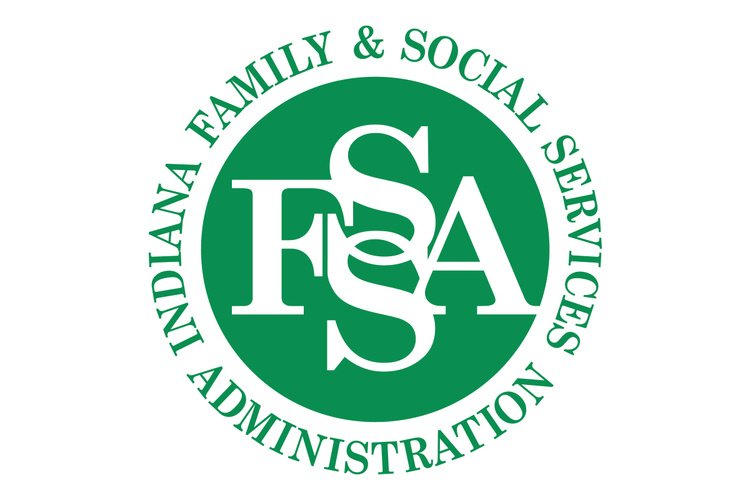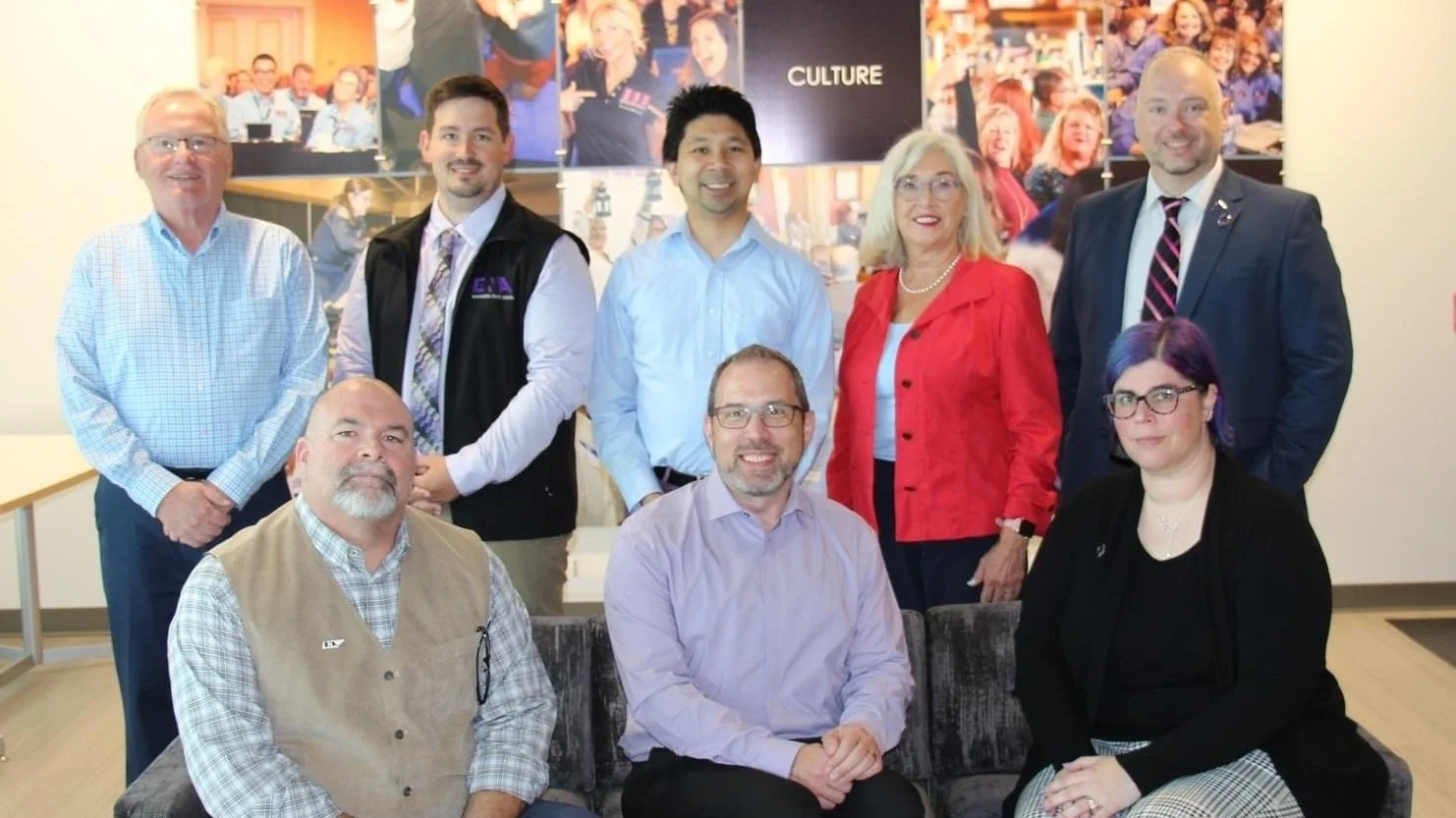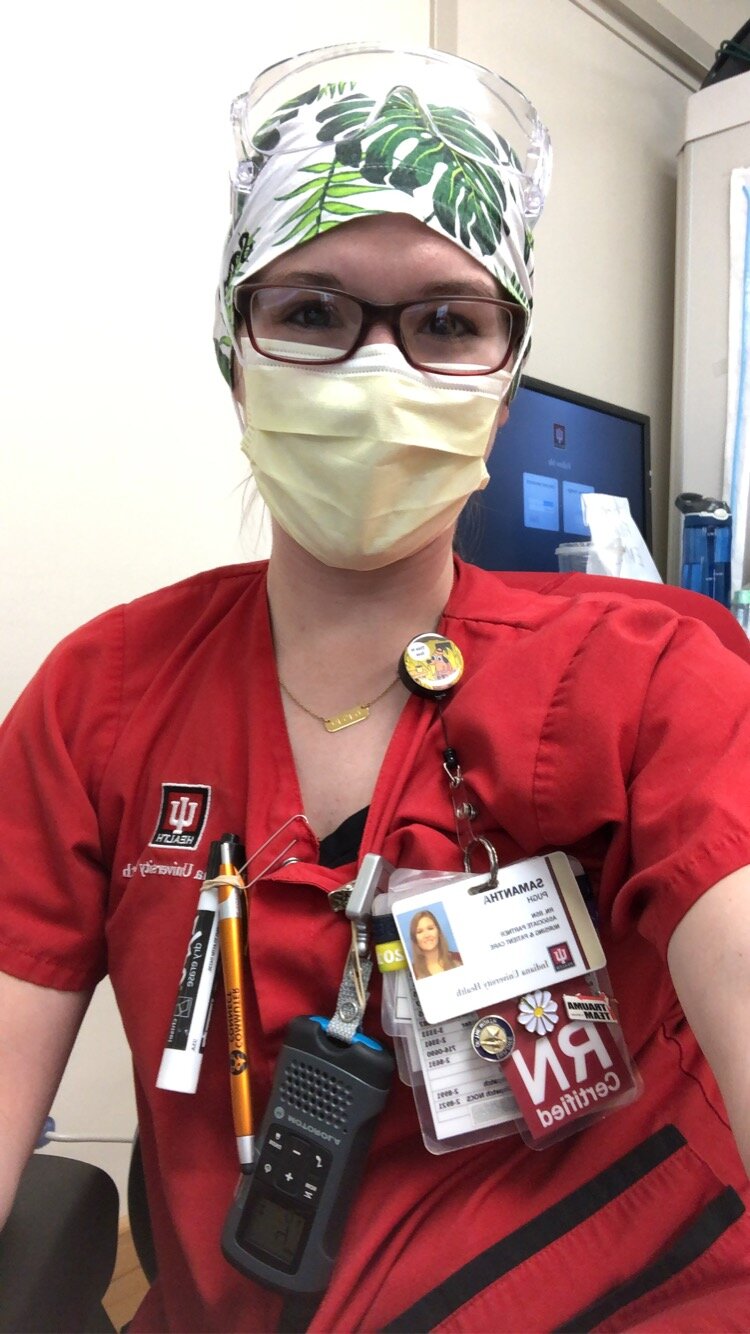During the course of my nursing career and my life, I have always focused on being consistent. Consistency for me includes doing basic nursing skills well and constantly educating myself on upcoming changes in practice and innovation in the healthcare community. Reflecting on the COVID 19 pandemic over the last 18 months leaves me grateful that my underlying belief in practicing consistency has served me well. Consistently looking at the changing science of the COVID pandemic has at times proved challenging at best. Early in the pandemic we really did not have many answers or treatments available to the sickest of the sick. In March of 2020, I was practicing as a critical care transport nurse and as a Family Nurse Practitioner at a local urgent care center. Over the last 18 months, the diagnosis and treatment of COVID have changed exponentially with the onset of rapid COVID testing. Rapid testing has many inconsistencies related to false positives, false negatives, presence of symptoms, and time of exposure. Advising patients becomes challenging. Sometimes patients hear what they want. Consistently using the CDC terminology and recommendations even when patients do not want to hear has proved effective.
Fear is the one emotion that has been apparent to me as a healthcare provider during the pandemic. Nurses and healthcare providers are the gatekeeper of the patient experience and assist to ease fear and confusion.
Last week an 84-year-old gentleman diagnosed the day before with COVID on day 4 of symptoms arrived in the lobby of the urgent care clinic requesting assistance. He received an information handout from the CDC for a monoclonal antibody infusion clinic at our urgent care the day before. The handout gives a number to call for regional clinics administering monoclonal antibodies. It was apparent that the patient had called the information center because phone numbers were penciled in on the side of the handout. The patient was angry that he had followed the steps outlined and had not yet been scheduled for the infusion. I have to admit it was a busy morning in the urgent care and there was already about 20 patient signed in. My inside voice said, “Yikes, I don’t have time for this! “ The gentleman was being very aggressive verbally in his request for assistance and acting out his frustration (trying to snatch papers from my hands). I asked the patient to sit down in the lobby of course in a sequestered area so that I could do some fact-finding with centralized scheduling at the regional healthcare facility. The local infusion center only completes monoclonal antibody infusions in the evenings on Monday, Wednesday, and Friday in the cancer infusion center after 5:00 PM closing. The patient called his primary care provider the day before to have an order sent for the infusion without a response. After several phone calls, a consult with my medical director, and submitting orders for the patient to receive the infusion, I received a phone call from the patient apologizing for his behavior during our initial encounter and expressing gratitude that I had ordered his medication. There are many parts to this story and it took a few hours to accomplish, but I want to focus on the fact that there was an 84-year-old adult having difficulty navigating the healthcare system after receiving a very scary diagnosis- COVID 19. As nurses, we go above and beyond any given day for our patients. Remember the story of the person throwing starfish back into the sea and he was asked “why” when there was a whole beach full of starfish. The person replied, “Because it makes a difference to this one!”
Be persistent, be consistent, have faith in yourself and your skills, be hopeful because you do make a difference even if it is to just one person!!!
- Cheryl Riwitis, DNP, RN, FNP-BC, CEN, CFRN, TCRN, EMT-B, FAEN













